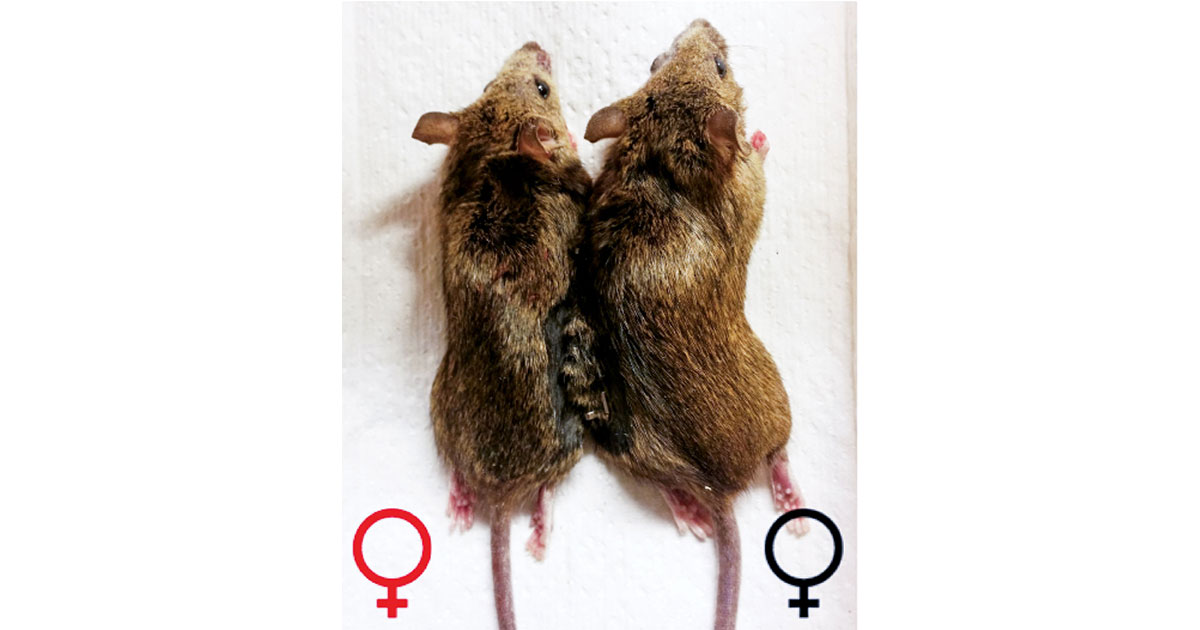Advertisement
Grab your lab coat. Let's get started
Welcome!
Welcome!
Create an account below to get 6 C&EN articles per month, receive newsletters and more - all free.
It seems this is your first time logging in online. Please enter the following information to continue.
As an ACS member you automatically get access to this site. All we need is few more details to create your reading experience.
Not you? Sign in with a different account.
Not you? Sign in with a different account.
ERROR 1
ERROR 1
ERROR 2
ERROR 2
ERROR 2
ERROR 2
ERROR 2
Password and Confirm password must match.
If you have an ACS member number, please enter it here so we can link this account to your membership. (optional)
ERROR 2
ACS values your privacy. By submitting your information, you are gaining access to C&EN and subscribing to our weekly newsletter. We use the information you provide to make your reading experience better, and we will never sell your data to third party members.
Biological Chemistry
Protein Painkiller
by Sophie L. Rovner
October 20, 2008
| A version of this story appeared in
Volume 86, Issue 42

Injecting mice with the natural protein prostatic acid phosphatase (PAP) suppresses pain as effectively as morphine but for much longer, according to an international research team led by Mark J. Zylka of the University of North Carolina, Chapel Hill, and Pirkko Vihko of the University of Helsinki, in Finland (Neuron 2008, 60, 111). The researchers report that one dose of PAP works for up to three days, whereas a dose of morphine lasts just five hours. Scientists have studied PAP for 70 years, but they have remained unsure about its function and thought it was produced only in the prostate gland. Zylka, Vihko, and colleagues now have found that one form of PAP is identical to fluoride-resistant acid phosphatase, a previously discovered protein that is produced by pain-sensing neurons. When stimulated, these neurons release adenosine triphosphate (ATP), which activates pathways that create the sensation of pain. The pain fades as ATP loses phosphate groups and degrades to adenosine. The researchers showed that PAP aids this degradation by removing the phosphate group from adenosine monophosphate. Zylka says PAP could "be a groundbreaking treatment for pain."




Join the conversation
Contact the reporter
Submit a Letter to the Editor for publication
Engage with us on Twitter